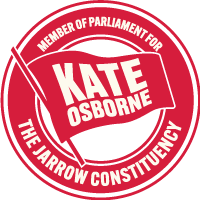
I had two interviews, one last month and a short radio interview yesterday with the BBC regarding the abuse I receive in person, online and how it felt to give evidence in court.
Abuse of MPs is a serious issue that I have and will continue to speak out about.
Both in my pre-recorded interview last month and my live interview yesterday, I pointed out that it is statistically proven women receive more abuse than men and black women face even more abuse specifically mentioning Diane Abbott and the horrendous abuse she faces.
I also discussed the need for MPs to be held to account – but that shouldn’t stray into abuse.
Yesterday the BBC published their analysis and when you look at the list of MPs you can immediately see something isn’t right.
There are a number of concerns that I think the BBC need to address with their methodology.
Firstly it seems to me this methodology is unhelpfully conflating abuse and democratic accountability with this algorithm.
It isn’t toxic to say an MP has lied when they have been proven to be untruthful.
It isn’t toxic to point out MPs being hypocritical.
The algorithm flagged the use of “liar” “hypocrite” and “disgrace” to identify tweets as unreasonable or rude.
The algorithm also used “Tory” to flag toxic, unreasonable or rude tweets.
None of these words in isolation constitute abuse.
Secondly the algorithm does not seem to classify common terms of racist abuse as toxic.
This obviously makes the findings that white men receive the most abuse unreliable.
Their methodology flags tweets that complain about people’s transphobia, racism and homophobia as toxic – but fails to recognise key terms of abuse which targets ethnic minorities and LGBTQ+ people.
It really is disappointing that the BBC’s analysis is so unreliable and is being used to downplay the abuse targeted at women and other minority groups.
I do not want the abuse I receive and the guilty verdict from my harassment case used to give credibility to this flawed analysis.
The BBC should urgently review the methodology used to ensure it looks at the words and language used and commit to a more thorough broader investigation both in terms of the time period looked at and the specific abusive words/language used to establish a more reliable data set and look at the real scale of the problem
I have written to the BBC outlining my concerns above.
Kate Osborne MP

